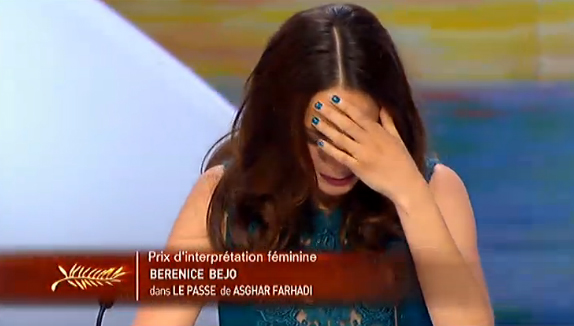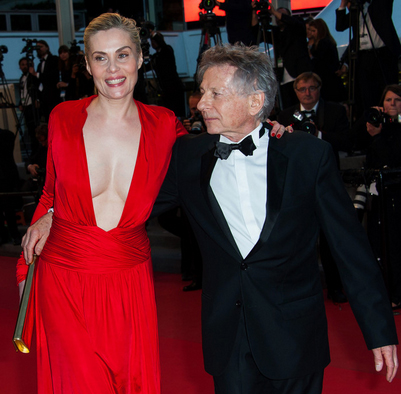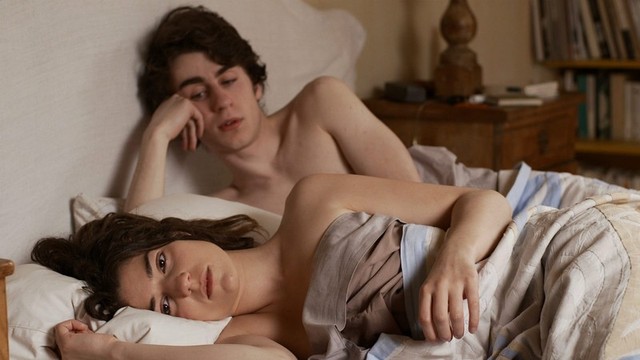I haven't been able to find a partner for Red Carpet Convo discussions this holiday weekend *sniffle* so instead I thought I'd share some red carpet lineups with jury prizes and brief notes now that the awards are coming in. Are you with me?
First up is the Un Certain Regard jury which was led by Danish director Thomas Vinterberg who came to fame with the great Festen (Celebration) in 1998 and has been enjoying similarly ecstatic praise for his recent picture The Hunt which could be Denmark's Oscar entry this year. On his jury were actresses Zhang Ziyi, Ludivine Sagnier, Head of Brazil's Festival Ilda Santiago and producer Enrique Gonzalez Macho. Here's Ziyi... !

Which is your favorite? And when was the last time you saw Ziyi onscreen? It seems like it's been forever for me so I'm eager for The Grandmaster which is a totally unofficial 2046 reunion (see also: Tony Leung & Wong Kar Wai)
UN CERTAIN REGARD PRIZES
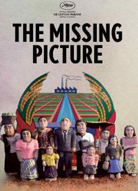 The Missing Picture (Cambodia)
The Missing Picture (Cambodia)
Rithy Pan's picture about the horrors of the Pol Pot regime -- I'm crazy about the poster! -- won the Un Certain Regard prize
Omar (Israel)
Hany Abu-Assad, who was Oscar nominated for Paradise Now, won the jury prize (i.e. second place) for this movie which returns to the same brutal setting of the Palestine-Israel conflict and focuses on three friends caught up in the cycle of violence.
Fruitvale Station (USA)
Ryan Coogler's Sundance winner about the police killing of an innocent Bay Area man (Michael B Jordan) took the "Future Award". A Future with Oscar maybe...
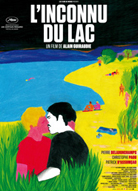 Stranger by the Lake (France)
Stranger by the Lake (France)
This controversial murder mystery from Alain Guiraudie -- already infamous for its nudity and gay sex -- took home the directing prize. The film takes place entirely outdoors in a gay cruising area. Strand Releasing will distribute in the States at some point.
The Cage of Gold (Mexico)
Diego Quemada-Diez, a camera operator of films you've seen like 21 Grams and The Constant Gardener, has graduated to directing. His ensemble cast of non-professional teens playing illegal migrants were given the Talent Award
On their choices, Vinterberg says:
One of the finest achievements in filmmaking is to create unforgettable moments – moments that stay with us – as a collective memory – as a collective mirror of our existence. Clay figures, extreme beauty, violence, homosexual blow jobs, systematic humiliation of the human kind, Léa Seydoux’s legs, great Brando imitations are just some of the unique images that will follow us for a while.
Well... all of those things do sound memorable even if we don't have much context for them just yet. And so so we close with Ziyi's fellow juror Ludivine Sagnier, an actress j'adore and who we've interviewed right here.

When was the last time you saw Ludivine onscreen?
 Sunday, May 26, 2013 at 9:28PM
Sunday, May 26, 2013 at 9:28PM 